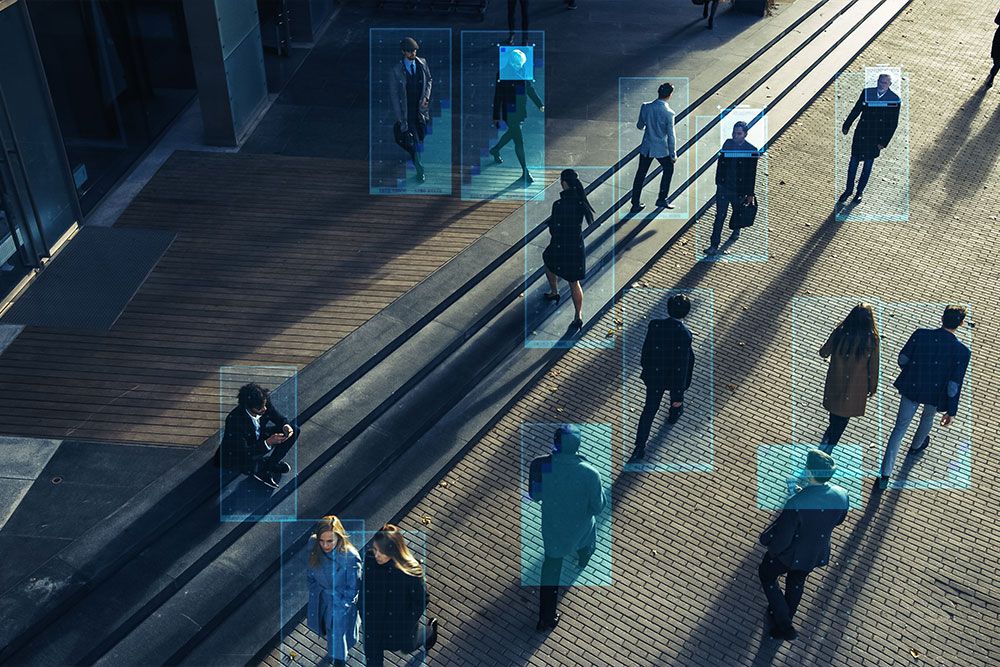Safeguarding Privacy in the Age of AI: A Legal Perspective on Article 8 ECHR Compliance
As Artificial Intelligence (AI) becomes more deeply integrated into industries and everyday life, concerns over privacy violations under Article 8 of the European Convention on Human Rights (ECHR) are growing at an alarming rate. AI technologies—from facial recognition to data-driven algorithms—are processing vast amounts of personal information, often without sufficient regard for the privacy rights they may infringe upon. The failure of many AI systems to comply with these important legal frameworks is quickly becoming a significant issue that governments and businesses can no longer afford to ignore.
The consequences of non-compliance with Article 8 are increasingly clear, with data breaches, biased decision-making, and unchecked surveillance practices threatening individuals' privacy. As AI adoption accelerates, the tension between the benefits of technological innovation and the adverse impact on individual rights is no longer a hypothetical concern, but a growing reality.
What is Article 8?
Article 8 of the European Convention on Human Rights guarantees the right to respect for private and family life, home, and correspondence. It states that "everyone has the right to respect for his private and family life, his home and his correspondence," and any interference with this right must be justified by law and necessary in a democratic society.
In essence, Article 8 provides individuals with the right to privacy, ensuring their personal information, communications, and activities are protected from unwarranted surveillance or intrusion.
It is important to note that Article 8 is a qualified right which means that individuals do not have an absolute right to privacy and interreference can be legally justifiable in certain circumstances if the interference is made in pursuit of a legitimate aim, for example public safety.
AI Acceleration vs the Right to Privacy: A Growing Concern
As AI technologies continue to evolve and integrate into nearly every sector, the risk to personal privacy under Article 8 has become more pressing than ever. AI systems are now capable of processing vast amounts of personal data with minimal oversight, often bypassing the fundamental privacy protections that Article 8 was designed to ensure.
At its core, Article 8 guarantees the right to privacy, and this right extends to our personal information, communications, and even the activities we engage in. However, the rapid rise of AI, with its ability to track, analyse, and predict human behaviour, poses a direct challenge to these protections.
Whether through biometric recognition, location tracking, or the use of social media data, AI’s capacity to intrude upon individuals' private lives has increased exponentially. But what is truly alarming is how little regulation or transparency exists to ensure these technologies comply with Article 8.
Take, for example, the growing use of facial recognition technology. While touted as a tool for public safety, its implementation often occurs with minimal public awareness or consent, let alone the robust safeguards required under Article 8. In cities across the world, people are being constantly monitored—tracked through public cameras, scanned in real-time at airports, and even identified without their knowledge in crowds.
The data collected through these systems can be stored, analysed, and potentially used for purposes far beyond the original intent.
The Erosion of Civil Liberties
AI technologies are often used in surveillance operations that directly threaten privacy. In some cases, AI is being used to monitor people’s private activities—whether in the form of internet browsing habits, mobile phone location data, or even social media content—without proper consent.
This constant, pervasive monitoring has the potential to create a chilling effect on freedom and autonomy. The very idea that AI-powered systems might be scrutinizing your every move, collecting data about your personal habits and thoughts, without any clear mechanism for individual control or redress, is not only an infringement of privacy but a dangerous erosion of civil liberties.
Algorithmic bias is another area where AI and Article 8 intersect. AI systems are frequently built on data that can be inherently biased, whether that is based on race, gender, or socio-economic status. If AI systems use this biased data to make decisions about individuals—say, in areas like hiring or credit scoring—then they are not just violating the right to privacy but also discriminating against individuals based on factors they cannot control.
Such systems, if applied in this way, have the potential to make it harder for disadvantaged groups to protect their privacy, let alone achieve fair treatment in society.
Striking the balance between innovation and fundamental rights - the consequences of inaction
What is most concerning is that many businesses and governments are rushing to deploy these technologies without proper consideration of privacy rights. With minimal regulation and inconsistent oversight, the adoption of AI is proceeding at pace, leaving individuals’ privacy vulnerable to exploitation.
AI is being developed and deployed faster than privacy laws can keep up, and as a result, individuals’ rights under Article 8 are more vulnerable than ever before.
This is an area of law that remains, as yet, largely untested. However, as AI continues to pervade more aspects of daily life, governments and businesses will have no choice but to acknowledge the inevitable legal risks that will arise because of non-compliance with Article 8.

